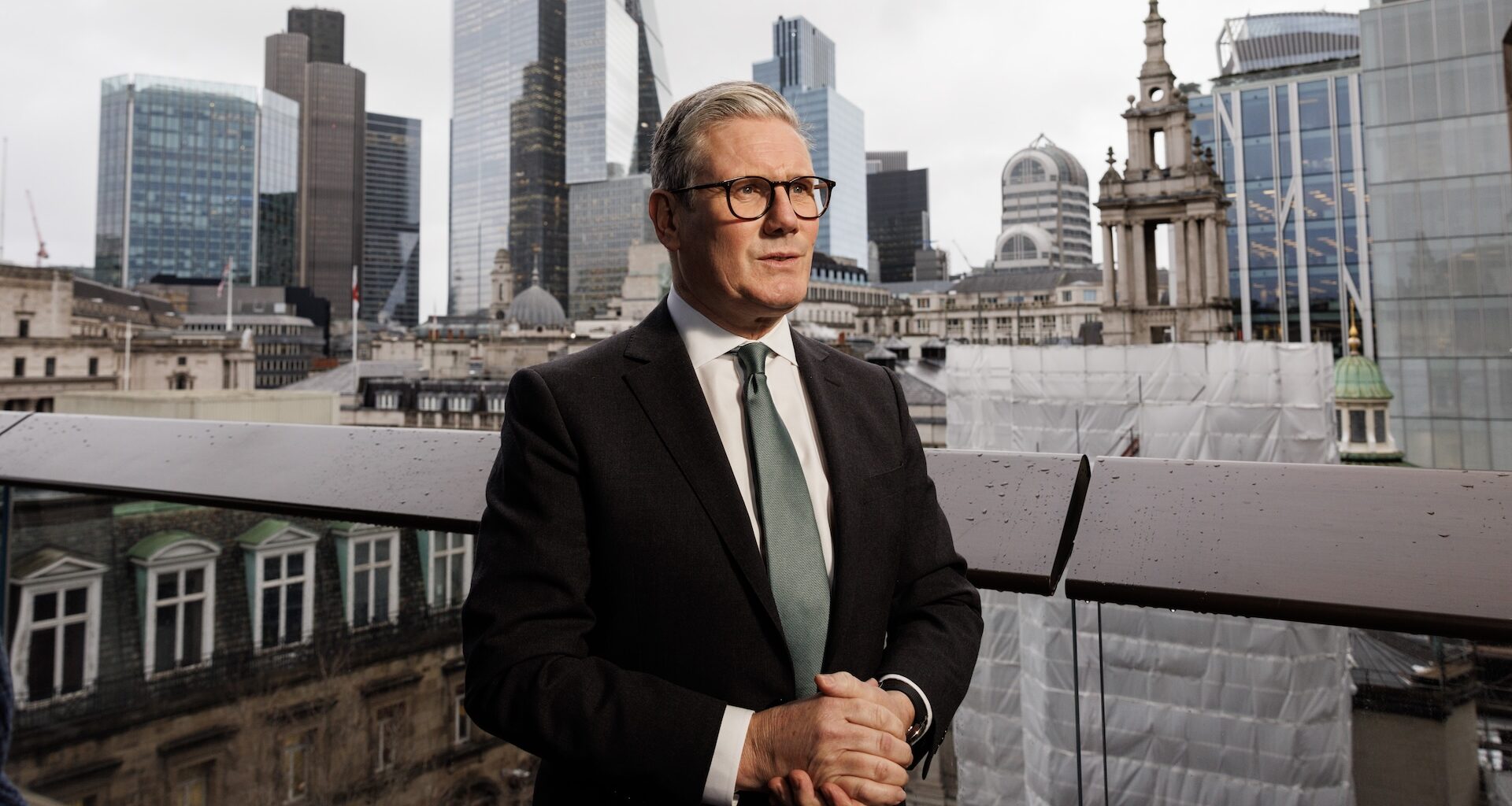In particular, short-termism is a barrier to tackling inequalities and building a fairer society, as we explore in our Mission to the Future report, published today. But it is also bad news for the government’s broader set of policy priorities.
We believe that the government is overestimating the costs of focusing on the long term, and underestimating the costs of continuing to prioritise short-term issues. Short-termism makes it harder for the government to achieve its opportunity mission, which relies on tackling the out-of-school barriers to opportunity such as poverty and poor housing. This then leads to wasted talent and potential, damaging our economy and undermining the government’s growth mission. And a narrow focus on immediate priorities prevents politicians from making the difficult decisions needed to improve living standards. This not only costs the government votes (as we saw last week in the Runcorn and Helsby by-election) but also weakens public faith in politics, and so damages our democracy.
The tragedy is that the benefits of long-termism are not hypothetical. Where governments have invested for the future, the returns have been transformative. The early 2000s saw real progress in expanding opportunity, only for it to be undone by austerity. The Sure Start programme delivered measurable improvements in educational outcomes, especially for disadvantaged children, and could have saved the government millions in youth justice and social care costs if it had been retained. Delays in investing in renewable energy and critical infrastructure have left the UK lagging behind its international peers, with higher energy bills and missed opportunities for green growth. Cuts to public health and social care, combined with a failure to prepare for pandemics, have left the NHS overwhelmed and have widened health inequalities. The Covid pandemic exposed the folly of prioritising short-term cost-cutting over long-term resilience.
Short-term thinking in politics creates a negative feedback loop. It raises levels of inequality, which increases societal vulnerability to shocks, which exacerbates the severity of immediate crises, which increases the pressure for quick fixes, which undermines the prospects for thinking and acting in the long term.
What can we do to extricate ourselves from this vicious cycle? We have identified three barriers to effective long-term thinking in government. First, the centre of government lacks the leadership, skills, and capacity for long-term policymaking, and the dominance of ‘Treasury brain’ thinking, which prioritises immediate cost savings over future benefits, makes it hard to invest in long-term projects. Second, the public is not engaged in long-term policy design. And finally, psychological barriers make it difficult for people, politicians and the rest of us alike, to attach enough importance to the interests of future generations.
To overcome these barriers, we have identified two immediate and practical solutions that would start to turn the tide. First, we recommend the appointment of a UK-wide Future Generations commissioner who is empowered to advise government, assess the long-term impacts of policies, and champion intergenerational fairness. Second, we suggest that the government launches a national dialogue on the future, engaging citizens in shaping the society they want to leave behind. These steps, modelled on successful international examples, would improve policy outcomes while helping to rebuild public trust in politics and to foster a sense of shared purpose.
The challenges facing the UK, from climate change to technological disruption and rising inequality, demand nothing less than a fundamental shift in how we govern. Short-termism is not just a political weakness; it is a threat to our collective future. By embedding long-term thinking and intergenerational fairness into the fabric of our political system, we can create a society that is fairer, healthier and more resilient.
Will Snell is the chief executive of the Fairness Foundation.
Do you have a story to tell or opinions to share about this? Get in touch and tell us more. Big Issue exists to give homeless and marginalised people the opportunity to earn an income. To support our work buy a copy of the magazine or get the app from the App Store or Google Play.
